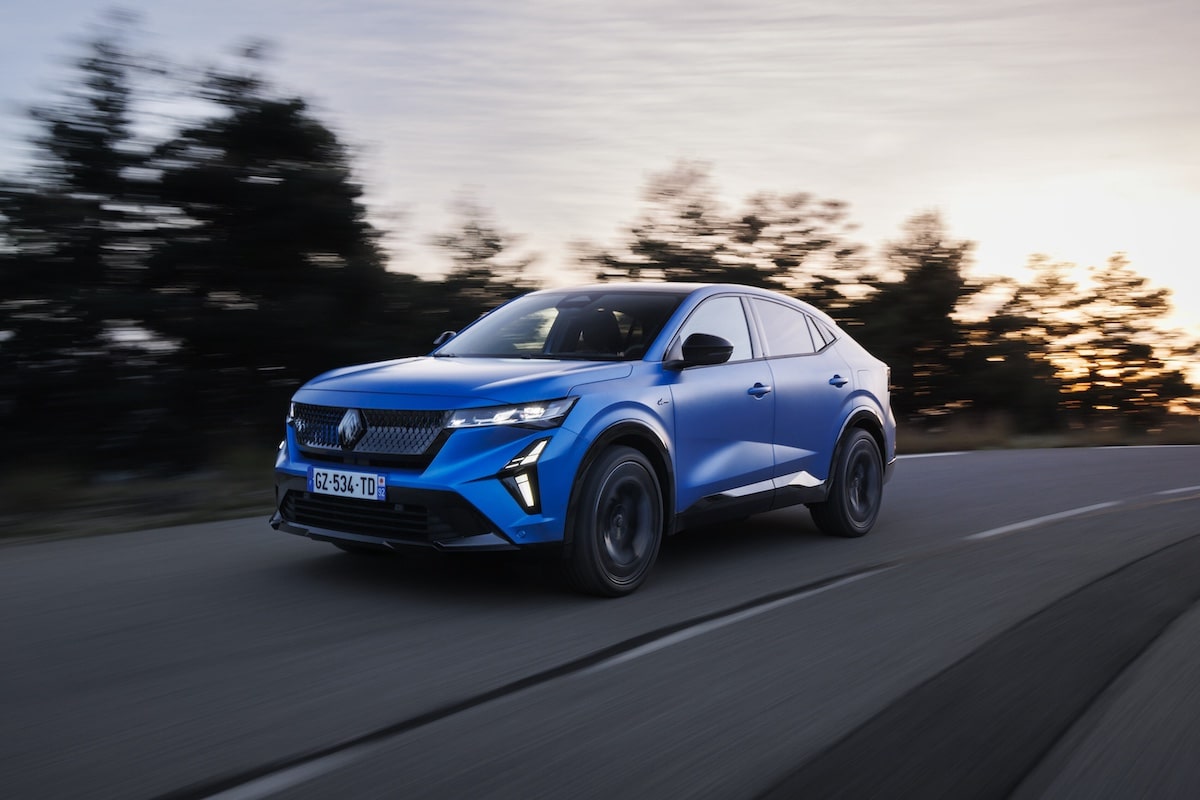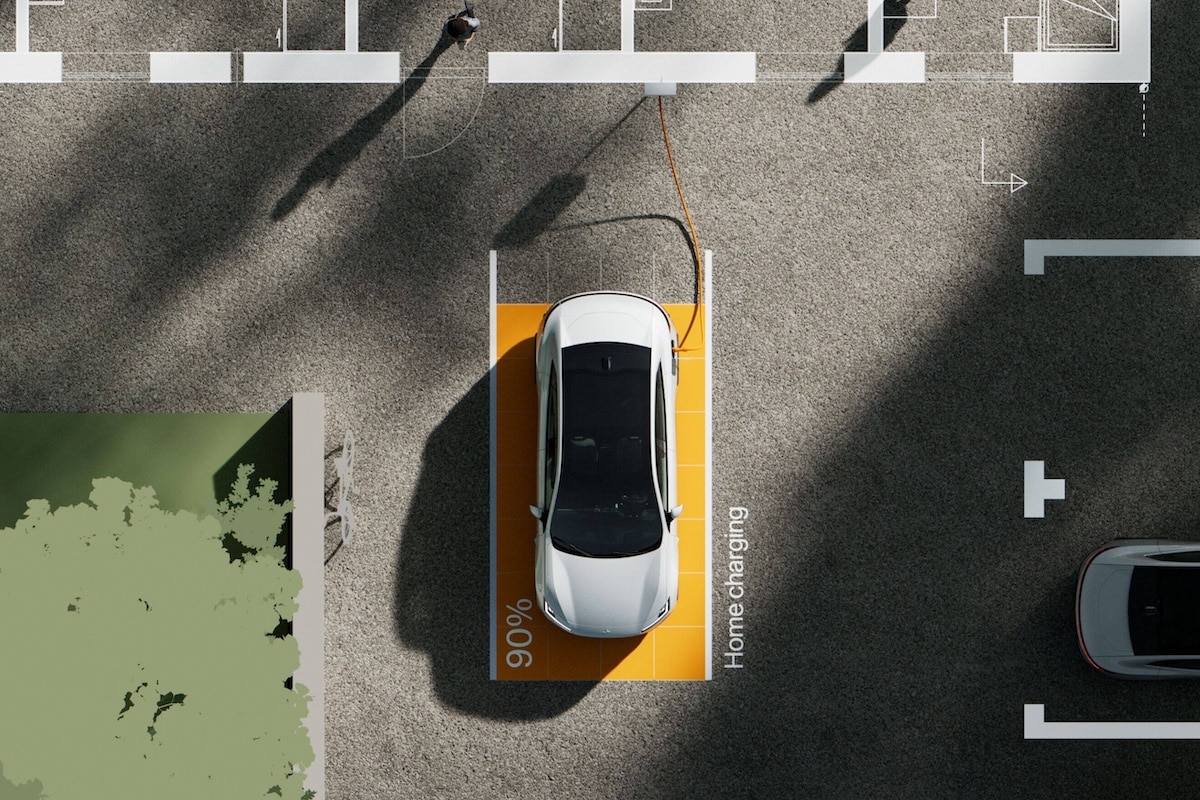Survey: What Are the Challenges for Transportation Professionals?

A survey on the concerns of urban and industrial vehicle professionals was conducted prior to the 17th edition of the SOLUTRANS trade show with 400 of them.
In France, the transportation industry faces multiple economic and logistical challenges. Between rising energy prices and the implementation of Low Emission Zones (LEZs/LEZ-m), professionals must adapt to meet their clients’ demands. The Comexposium/FFC survey helps understand the concerns of carriers, shippers, and professionals to better assist them.
Through an online questionnaire sent in March 2023, Comexposium and the French Bodywork Federation (FFC) surveyed the concerns of 400 transport professionals. They highlighted the following themes: “their confidence in the future, 2023 issues, current and upcoming motorizations, training, LEZs, and solutions.”
Survey Results
Transporters and shippers account for 58% of the 400 respondents. The stringent regulations on heavy truck entries into urban areas place them at the center of the show. Next come artisans (33%), general managers (14%), and sales directors (12%). Of the 400 professionals polled, 70% have a fleet of vehicles.
First, it should be noted that professionals remain optimistic and maintain a positive outlook on the future. Indeed, 73% of them express confidence in their sector’s future. In the industrial and urban vehicle sector, stakeholders are very concerned about cost control (60%).
Indeed, electricity, gas, and fuel prices have surged significantly in recent months. Currently sold at €1.90/L, fuel represents a substantial cost for those who load and unload their merchandise. Biofuels account for 24% of their vehicle fueling options, ahead of gasoline. So far, only 15% of vehicles run on electricity, and 12% on LPG.
For those who eventually want to refuel with alternative fuels, 50% would switch to biofuel, 37% to full electric, and 31% to hydrogen. Currently, it’s difficult to determine the least costly option in terms of expenses. This is why SOLUTRANS will showcase mobility solutions tailored to each one’s constraints and needs.
With these new fuels and mobility options, training for new workers in eco-driving to optimize travel costs is essential. Additionally, regulations need to evolve to allow better driving both inside and outside the vehicle.
Finally, the survey highlights cargo bikes, used by 6% of the 400 respondents. They enable quick and convenient last-mile delivery in city centers without the need to waste time and money on parking. The SOLUTRANS show will feature this as a key element this year, aiming for both economic and ecological benefits.
This page is translated from the original post "Enquête : quels enjeux pour les professionnels du transport ?" in French.
We also suggestthese articles:
Also read






